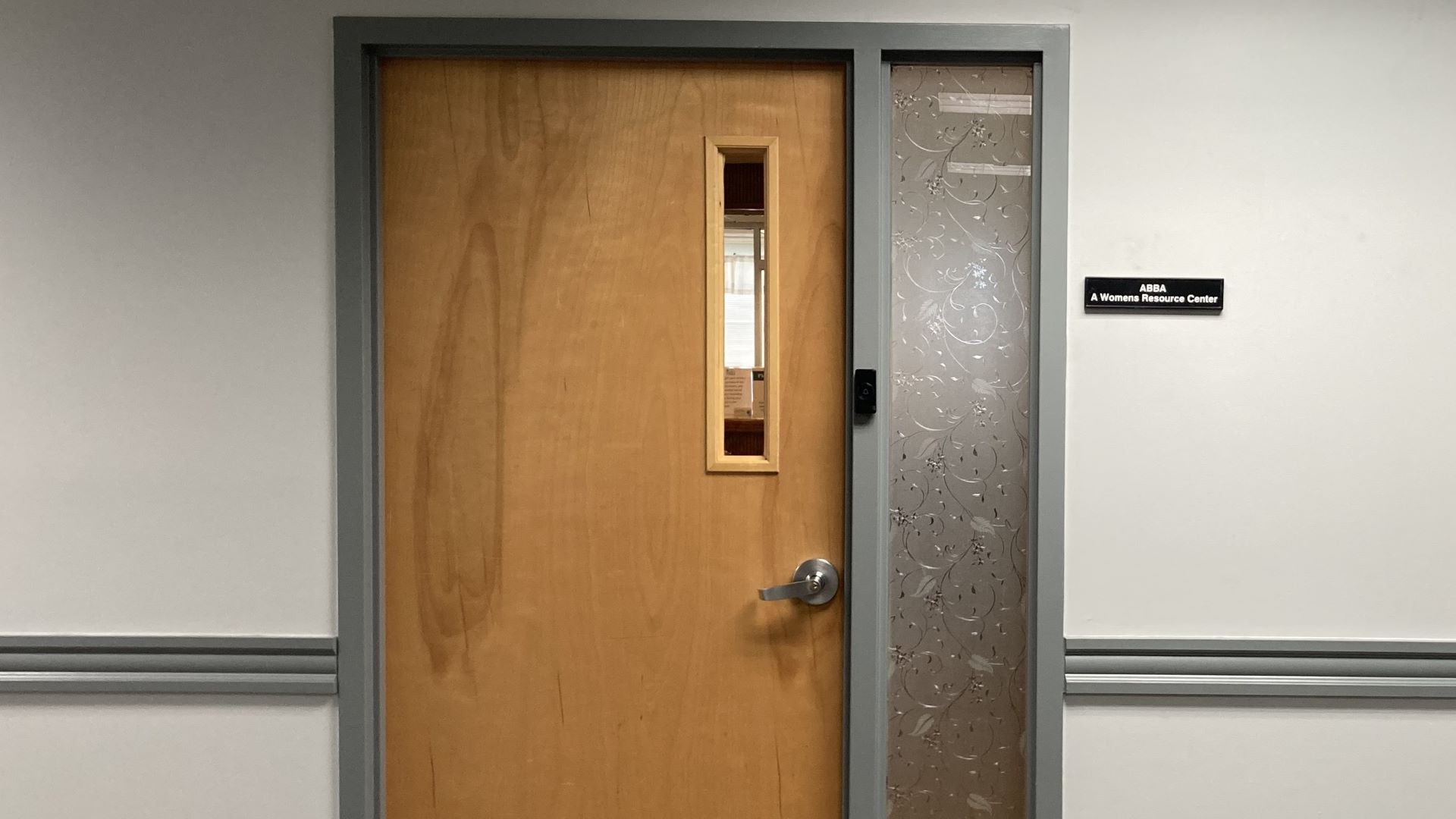Maine has at least 11 so-called crisis pregnancy centers, facilities that offer prenatal services with the goal of deterring people from having abortions. These centers have come under scrutiny nationally for providing inaccurate information and have seen an uptick in funding since Roe v. Wade was overturned.
These anti-abortion centers are not regulated the same as health clinics. Many are not licensed or staffed by medical professionals but offer free services like pregnancy tests or ultrasounds. And because they are not medical facilities, these centers are not bound by HIPAA to protect patient confidentiality.
During a recent summit hosted by the Maine Public Health Association, abortion-rights activists warned public health leaders that these centers circulated misinformation about “abortion pill reversals” that aren’t supported by any studies.
Grandmothers For Reproductive Rights (GRR!), a Maine-based organization, added that because the centers are unregulated, they may provide testing for sexually transmitted diseases but are not required to report the results to the state Center for Disease Control and Prevention.
They are located throughout Maine, from Sanford to Fort Kent:
• Open Arms Pregnancy Center, Augusta
• First Step Pregnancy Resources Center, Bangor
• Care Net Center of Mid-Coast Maine, Brunswick
• Hope House, Lewiston
• ABBA Women’s Resource Center, Portland
• Pregnancy Care Center of Aroostook, Presque Isle, Houlton & Fort Kent
• Zoe, A Women’s Center, Rockport
• Alpha Pregnancy Resource Center, Sanford
• Resolve Life Center, Waterville
There are an estimated 2,500 of these anti-abortion centers nationally, compared to about 765 abortion clinics, according to The Guttmacher Institute, a leading research and policy organization focused on reproductive health.
Maine is among a handful of states that has fewer of these facilities than abortion clinics, according to reporting from The Independent. In neighboring New Hampshire, for instance, there are more than 13 crisis pregnancy centers and only four clinics that offer abortions.
In 2022, the year Roe v. Wade was overturned, crisis pregnancy centers nationally pulled in about $1.4 billion in revenue — and at least $344 million of that was in government funding, according to reporting from the Guardian. At least 16 states have allocated more than $250 million from 2023 through 2025 for programs intended to dissuade people from abortions.
The Charlotte Lozier Institute, which advocates for these centers, reported that in 2022, the centers consulted with 974,965 new clients, distributed 703,835 free pregnancy tests and performed 546,683 free ultrasound tests.
“Now, in the wake of the reversal of the infamous Roe v. Wade, the demands upon centers are increasing daily. Many states are responding with new funds and new policies to support the centers’ work,” Chuck Donovan, then president of the institute, said in its 2024 annual report.
Three states — Michigan, Minnesota, and Pennsylvania — have stopped publicly funding these anti-abortion centers, according to Equity Forward, an abortion rights group.
Abortion access in Maine is less restrictive than in many other states. Abortion is banned at fetal viability, which is about 24 weeks of pregnancy, but a recent law allows doctors to perform abortions after the cutoff when deemed medically necessary.
There were about 2,500 abortions in Maine in 2023, the vast majority of which happened before nine weeks of pregnancy.
Maine lawmakers passed a “shield law” protecting people who travel to Maine for abortion or gender affirming care from legal action taken from other states. It also protects the health professionals who provide the services.







